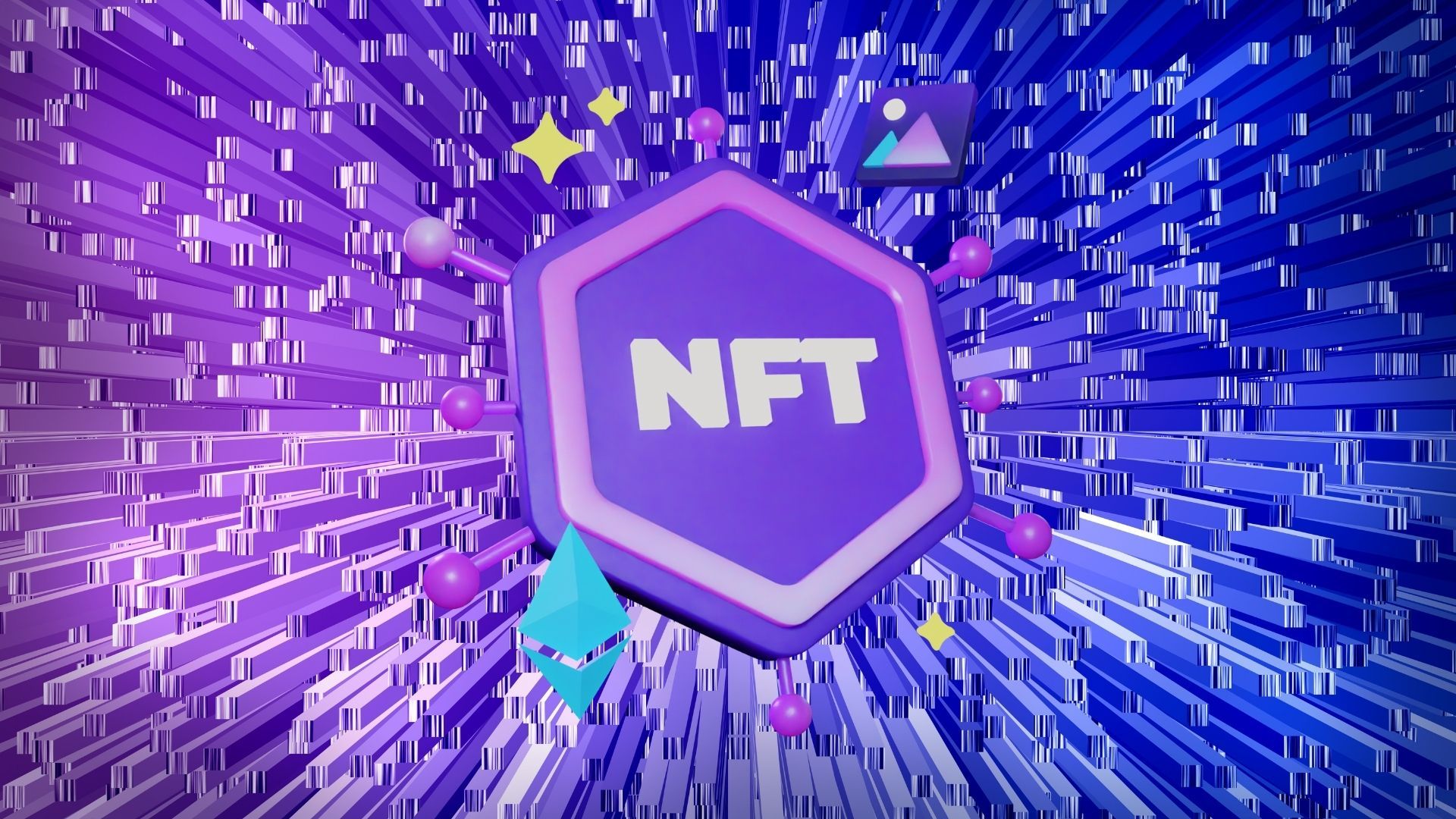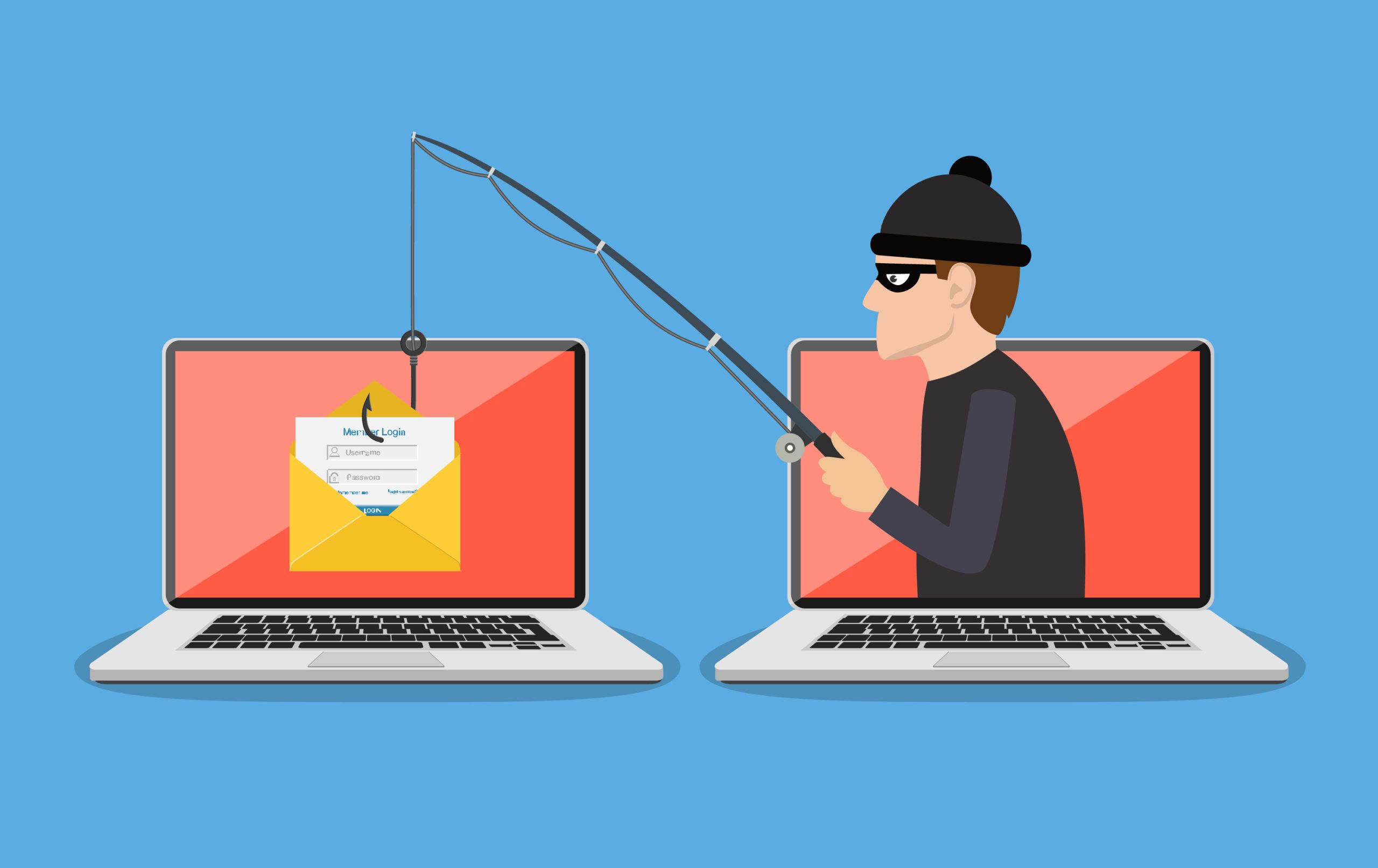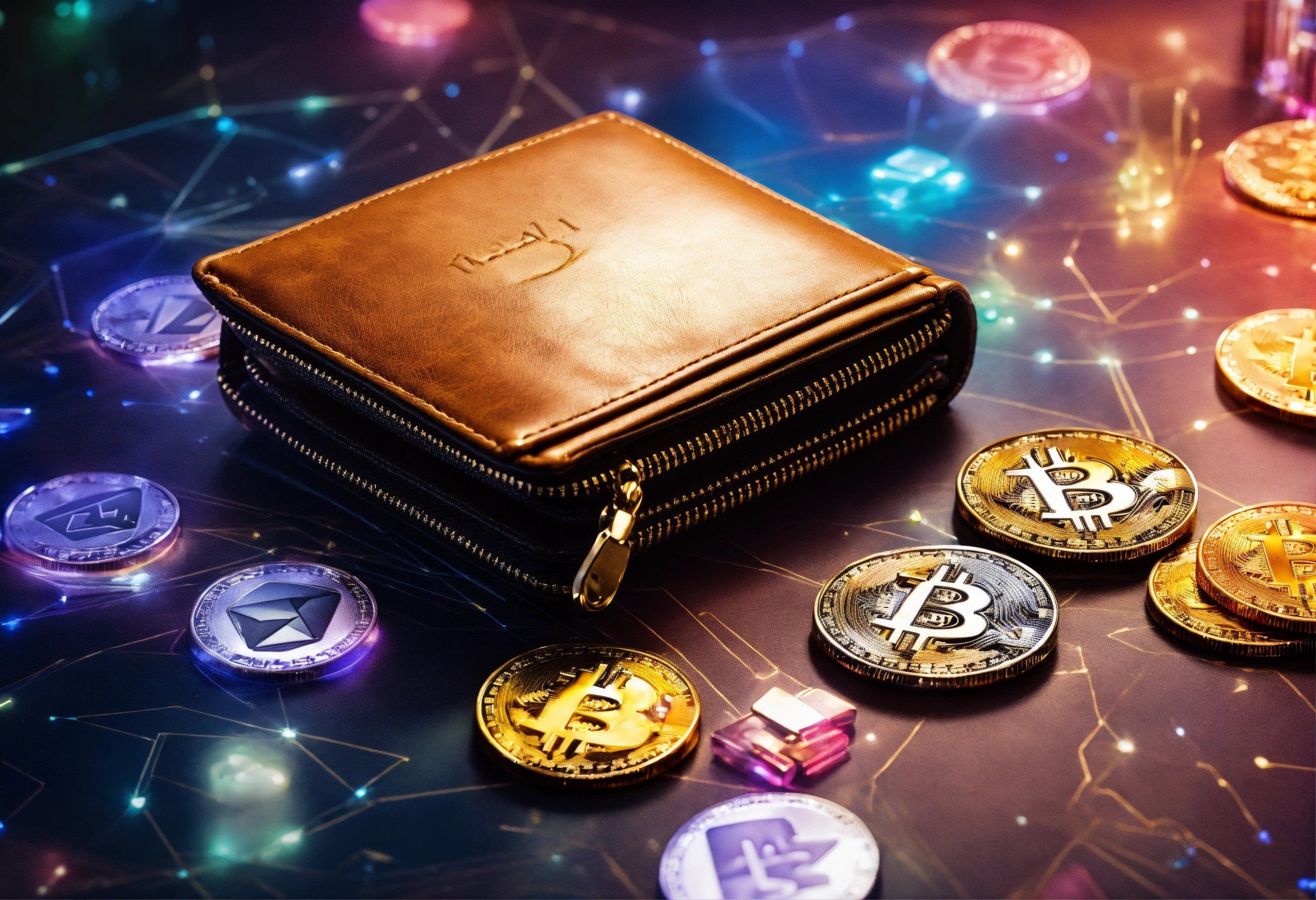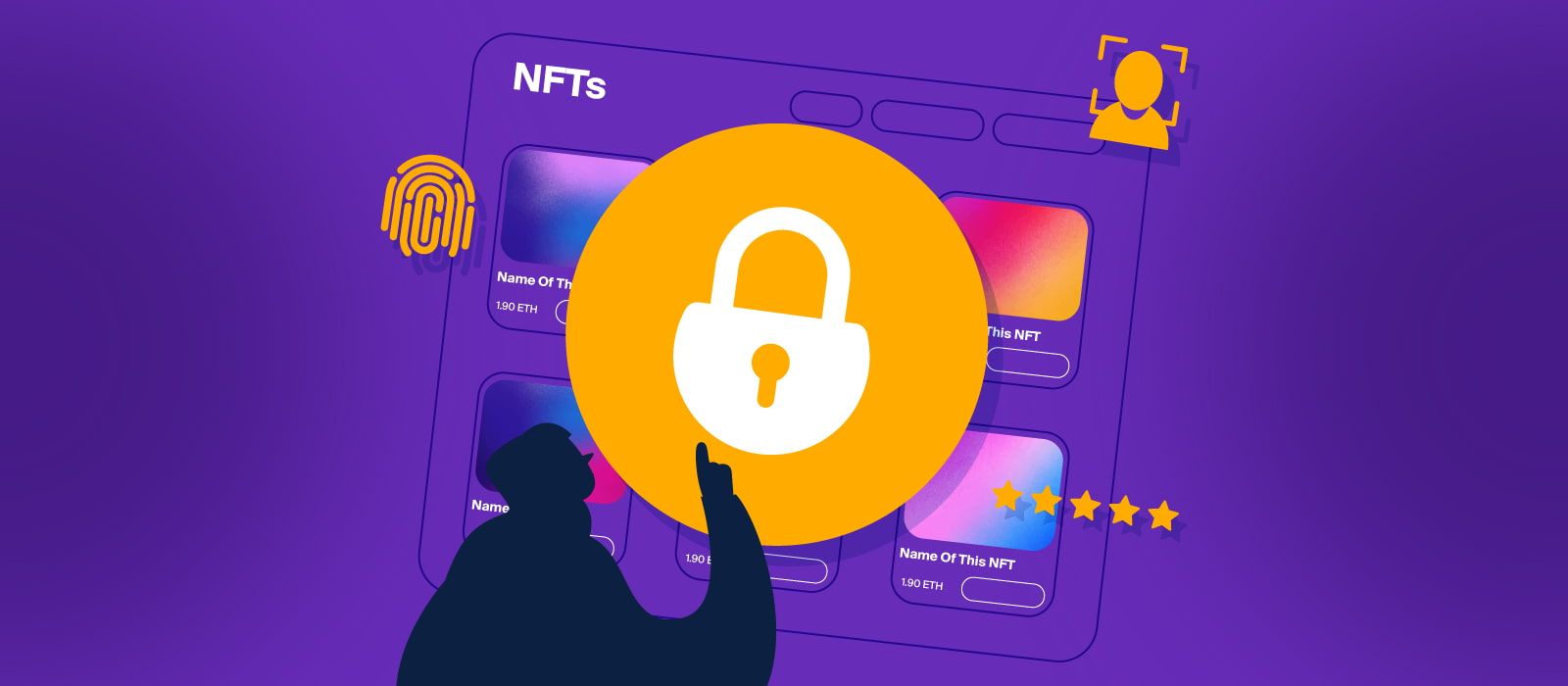The rise of Non-Fungible Tokens (NFTs) has transformed the landscape of digital ownership, allowing artists, gamers, and collectors to engage in a new form of commerce. NFTs offer unique benefits, such as provable ownership and verifiable scarcity, but they also introduce significant security risks. As the market for NFTs continues to grow, understanding these risks is essential for anyone looking to participate in this burgeoning space. This article delves into the nuances of NFT security, exploring common vulnerabilities, best practices for protection, legal considerations, and future trends.
What are NFTs and How NFTs work
Non-Fungible Tokens (NFTs) are unique digital assets verified on a blockchain, a decentralized ledger that records transactions across multiple computers. Unlike cryptocurrencies such as Bitcoin or Ethereum, which are fungible and can be exchanged on a one-to-one basis, NFTs are distinct. Each NFT has a unique identifier and metadata that differentiate it from others, giving it individual value.
NFTs are created through a process known as minting, where digital assets—such as images, videos, music, or virtual items—are transformed into tokens on a blockchain. The Ethereum blockchain is the most common platform for NFTs, utilizing standards such as ERC-721 and ERC-1155 to govern their creation and functionality.

Popular Use Cases
- Digital Art: Artists can tokenize their work, allowing them to sell pieces directly to collectors. High-profile sales, such as Beeple’s “Everydays: The First 5000 Days,” sold for $69 million, highlight the financial potential of NFTs.
- Gaming: NFTs enable players to own in-game items, which can be bought, sold, or traded. Games like Axie Infinity allow players to earn real income through gameplay, underscoring the value of digital ownership.
- Collectibles: From virtual trading cards to exclusive digital merchandise, NFTs offer a new way for collectors to engage with their passions. Projects like NBA Top Shot have revolutionized the collectibles market by allowing users to buy, sell, and trade officially licensed NBA highlights.
Common Security Risks in NFTs
While NFTs offer exciting opportunities, they also expose users to various security risks. Understanding these risks is crucial for anyone involved in the NFT ecosystem.
Phishing Attacks
Phishing remains one of the most significant threats in the digital realm. In the NFT space, attackers often create fake websites or social media accounts that impersonate legitimate NFT platforms. Users may be lured into entering sensitive information, such as private keys or wallet details, resulting in unauthorized access to their assets.

- Real-World Examples: Numerous high-profile scams have targeted NFT collectors. For instance, a group of attackers recently created a fake Discord server for a popular NFT project, tricking users into providing their wallet information. This led to the theft of thousands of dollars worth of NFTs.
Smart Contract Vulnerabilities
Smart contracts govern the terms of NFT transactions and are a crucial part of the NFT ecosystem. However, they are not infallible and can be susceptible to various vulnerabilities.
- Common Vulnerabilities:
- Reentrancy Attacks: This occurs when a smart contract calls another contract and, before completing the first call, the second contract can call back into the first contract, leading to unintended consequences.
- Integer Overflows/Underflows: These occur when arithmetic operations exceed the storage capacity of a variable, potentially allowing attackers to manipulate contract balances.
- Preventative Measures: Developers can mitigate these risks by conducting comprehensive audits and employing best coding practices.
Marketplace Risks
NFT marketplaces are where much of the buying and selling occurs, but they also present unique security challenges.
- Fake Listings: Scammers may create counterfeit NFTs or misrepresent the authenticity of assets. Buyers must verify the legitimacy of the items before purchase.
- Marketplace Hacks: Major NFT platforms have experienced security breaches that resulted in significant losses. For example, in 2021, the marketplace Nifty Gateway was hacked, leading to the theft of users’ funds.
Wallet Security
Digital wallets serve as the primary means for storing NFTs, making their security paramount. There are two main types of wallets to consider:
- Hot Wallets: These are connected to the internet and are more convenient for transactions but are also more vulnerable to hacks.
- Cold Wallets: These are offline storage options, such as hardware wallets, providing a higher level of security against unauthorized access.

Common Threats
- Wallet Hacks: Cybercriminals employ various methods to gain access to wallets, including social engineering and exploiting vulnerabilities in wallet software.
Best Practices for NFT Security
To safeguard your NFTs and digital assets, it is essential to implement best practices tailored to the unique risks of the NFT ecosystem.
Using Secure Wallets
Choosing a secure wallet is one of the most critical steps you can take.
- Recommendations: Consider reputable wallets such as:
- Ledger: A hardware wallet that offers excellent security features.
- Trezor: Another leading hardware wallet known for its user-friendly interface.
- MetaMask: A popular hot wallet that integrates with many NFT marketplaces but should be used with caution.
- Wallet Management Tips:
- Enable Two-Factor Authentication (2FA): Adding an extra layer of security helps protect your wallet.
- Regular Backups: Ensure you regularly back up your wallet information and seed phrases in secure locations.
Due Diligence on Marketplaces
Before engaging in transactions, it is crucial to conduct thorough research on NFT marketplaces.
- Identifying Reputable Marketplaces: Stick to well-known platforms like OpenSea, Rarible, and Foundation. These platforms have established reputations and often employ enhanced security measures.
- Recognizing Scams: Be wary of overly attractive offers or unsolicited messages. Verify listings and seller identities before making any purchases.

Smart Contract Audits
Before investing in a new NFT project, check whether the smart contracts have been audited by reputable firms.
- Importance of Audits: Independent audits can uncover potential vulnerabilities, reducing the risk of exploitation. Platforms like CertiK and ConsenSys Diligence specialize in auditing smart contracts.
Protecting Against Phishing
Staying vigilant against phishing attacks is essential in protecting your assets.
- Identifying Phishing: Always verify URLs and email addresses before entering sensitive information. Phishing attempts may use slight variations in web addresses to appear legitimate.
- Use of Tools: Consider using security extensions for your web browser, such as MetaMask’s phishing detection tool or tools that warn against known phishing sites.
Legal and Regulatory Considerations
As the NFT market matures, legal and regulatory issues become increasingly relevant.
Overview of the Legal Landscape
NFTs exist in a complex legal environment, with questions surrounding copyright, ownership rights, and consumer protection.
- Intellectual Property Concerns: The ownership of an NFT does not necessarily confer copyright ownership of the underlying asset. Creators must clearly outline the rights transferred to buyers.
- Implications of Security Breaches: If a security breach occurs, legal consequences may follow. Victims of fraud may pursue lawsuits against platforms or creators, leading to potential liabilities.

Understanding Terms and Conditions
Before participating in any NFT platform, take the time to read and understand their terms and conditions.
- User Rights: Knowing your rights regarding ownership, resale, and the platform’s liability can help protect you in case of disputes or losses.
The Future of NFT Security
The NFT landscape is rapidly evolving, and so are the security measures to protect it.
Emerging Technologies
New technologies promise to enhance NFT security.
- Decentralized Identity Solutions: Innovations in identity verification could improve user authentication processes, reducing the chances of identity theft and fraud.
- Improved Blockchain Protocols: As blockchain technology advances, protocols may become more resilient against attacks, enhancing overall security for NFT transactions.

Community and Education
The NFT community plays a vital role in promoting security awareness.
- Educational Resources: Online courses, webinars, and community forums can provide valuable insights into the latest security practices and emerging threats.
- Sharing Knowledge: Engaging in community discussions about security can help users learn from each other’s experiences and avoid potential pitfalls.
Conclusion
The NFT market presents exciting opportunities, but it also comes with inherent risks. By understanding the common threats and implementing best practices for security, creators and collectors can protect their digital assets. As the landscape evolves, staying informed about legal considerations and emerging technologies will be crucial for navigating this dynamic space. Prioritize security, remain vigilant, and enjoy the potential that NFTs have to offer.
Read more: TOP 5 COMMON P2P SCAMS ON BINANCE

